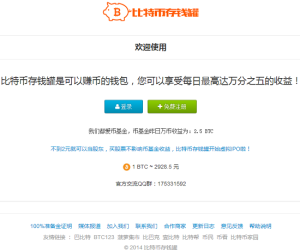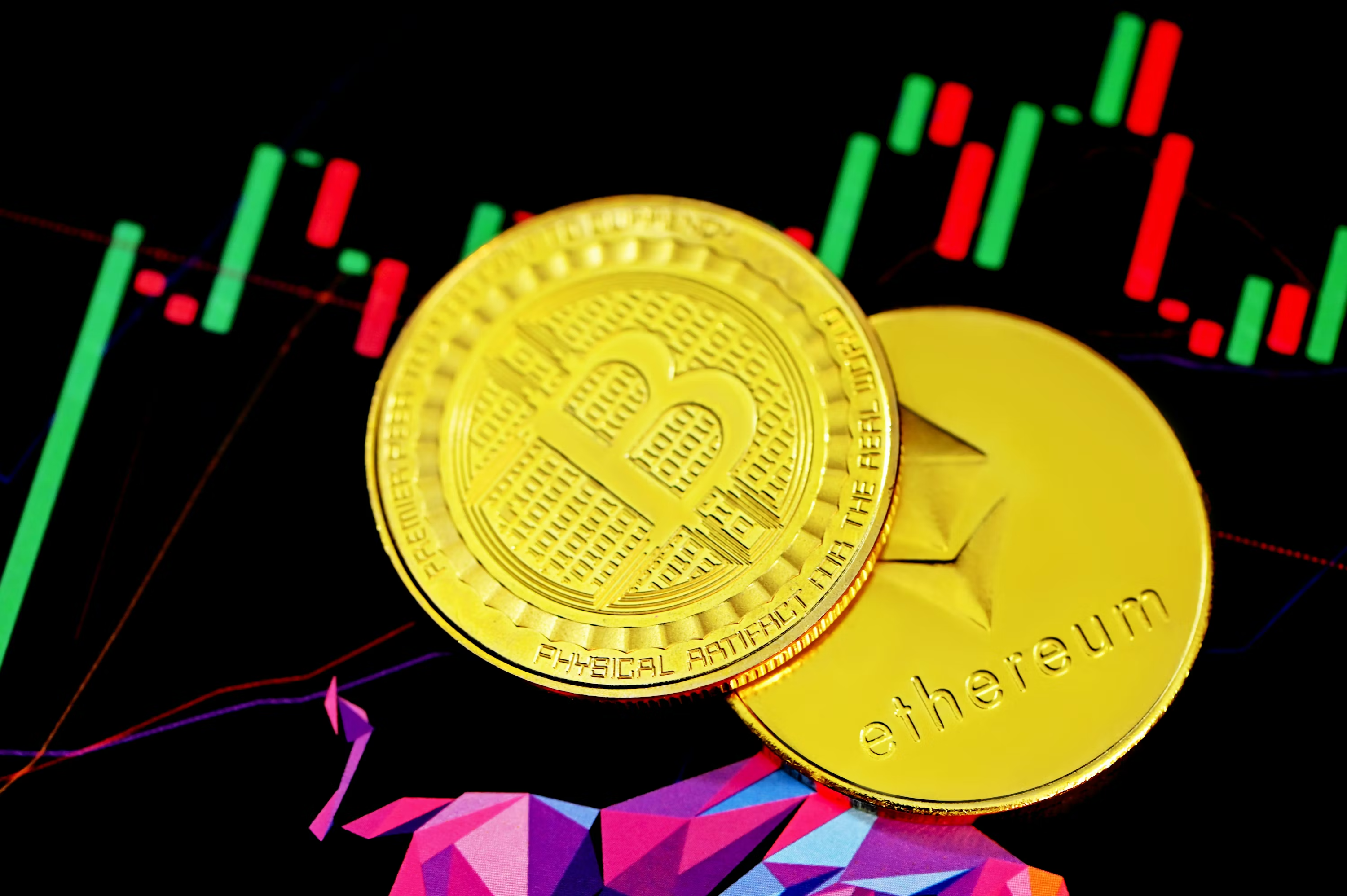Reason to trust

How Our News is Made
Strict editorial policy that focuses on accuracy, relevance, and impartiality
Ad discliamer
Morbi pretium leo et nisl aliquam mollis. Quisque arcu lorem, ultricies quis pellentesque nec, ullamcorper eu odio.
KipCoin used to be a bitcoin exchange wallet service based in China. On February 18, the day of the Chinese Lunar New Year’s Eve, a message was posted on their website stating that their wallet servers were hacked and that they had lost over 3000 BTC.
The bitcoin exchange claims that hackers moved the company’s funds to the following addresses:
1Chg6NxMeTcZ3DQvYA9gocjU4RQwH1LtKD
18zf9CWe4uBy8BesHU3BWqjpibDRRBoPLD
1MYkHXvnWuZ5FaMJkNv4uCLoVC2Ztp2DXK
152BSsbpcGMdj9WBGHq3wXHgJVuqQCs4aJ
16j131w3cvkdAc13sg5nREMiiJj3zoRw5n
16qHXy4RDeek56mNDN84d2F6niE96taQso
175L5Sx81dZZBureP8RtLUyUXoruVdAj1E
17ZJ1sqDRxq7oRVrnNLxoyrvHrtrjtPRfp
17amdMD8JJPcipWqUEwzEtsAuYu1FzkVtg
181qVdiaCcJmzGJV9PEobeYYnkC25PyJdT
18ncsALSWGWRG3JK6yio4PXoiWBbvxAxng
1XgAzaQEe9iDEohWCmdNXSH8XZ74uLBnd
Many members of the bitcoin community had expressed their concerns about websites similar to KipCoin. Their wallet service offered a 22% annualized interest paid daily. They had later expanded their service to include a FIAT exchange and also futures later on. It wouldn’t be the first time that we see such an operation turning out to be a well-disguised ponzi scheme. The KipCoin incident comes in just weeks after the Honk Kong based company MyCoin turned out to be a ponzi. Things are not as clear this time though.
KipCoin’s bitcoin exchange is temporarily shutting down?
In a statement the company released through the Chinese social media website Weibo, they mentioned that they will put all their services on hold temporarily. In this post, it was also mentioned that no Chinese Yuan were stolen from the accounts. KipCoin claimed that they will start cooperating with the police after February 25 which marks the end of the Chinese spring break holiday. According to their claims, available funds will be withheld until the investigation is complete.
A lot of frustration followed the unfolding of these events. Customers of the bitcoin exchange are angry over the lack of information that followed the alleged “hacking” and many went as far as to call the whole operation a ponzi scheme.


















22% daily ROI? No way that was a scam! Idigts!!!!!!!!!!!
Without any solid clear laws to punish this kind of crime in Hong Kong it’s open season for the scammers.